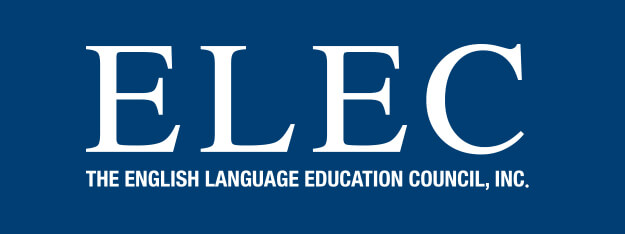Part 1 https://www.elec.or.jp/insights/6252
To start the training process, the core of TGG including its mission, philosophies, structure, and policies was introduced by the CEO and Managing Director. Having this message come from the top was essential as quite often information of this type loses its strength when delivered by anyone else. The training continued with the teaching administration including one of the most important aspects of TGG, harassment awareness. This information needed to be made extremely clear as TGG would become one of the largest multicultural employers in Tokyo.
From there, the training started to take on a more educational approach. Rather than lecture only, all theory modules required output tasks in the form of lesson adaptation or presentation to ensure the information was internalized. The teachers were introduced to the Content Language Integrated Learning (CLIL) and Common European Framework of Reference-Japan (CEFR-J) modules. The teaching methodology of CLIL and the CEFR leveling approach, which are not predominant in Japan, required a considerable discussion and time to introduce. Teachers discussed how these differed from their own teaching experiences and how their teaching styles would have to be adapted. Teachers also learned how to identify a learner’s level as well as assess CLIL teaching material based on the CEFR-J.
Scaffolding, elicitation, and task set-up, along with the remaining linguistics theory modules were next introduced. During this training it was essential for the team to experience these skills in action. The facilitation of this came in the form of numerous informal trial lessons with various schools around Tokyo. This on the job training was extremely useful as it allowed the teachers to hone their skills through practical application and feedback. It also allowed our team to visualize the procedures which would be required for the creation of the practical training materials.
June 2018, the full-time team had now become familiarized with their new surroundings, practiced, and rehearsed training methods and had a good feel for how operations would proceed. From here, it was time to begin the preparations for the practical training materials. Procedures were discussed and penned and documented. Mock trials were completed using ourselves as learners. Walk through practices were conducted and materials drafted. These materials required constant reworking as new ideas and practices were constantly being discovered and introduced from many angles. Finally, the practical content had taken shape to become the final materials for the part time trainees.
July 2018, the arrival of the part time trainees. Nationalities from countries included (alphabetical order) Australia, Bangladesh, China, Canada, England, France, Germany, Hungary, India, Iran, Iraq, Israel, Indonesia, Jamaica, Morocco, Nigeria, Philippines, Romania, Turkey, Tunisia, and Vietnam. These trainees would make up the core of the TGG AGENT roster. It was truly amazing to realize the variety of cultures and backgrounds contained within this group and it was at this point that the ‘Global’ in TGG was clearly established.
The allocated time for the part time training was approximately ten weeks and although many of the part time teachers had teaching experience, a lot of what they were expected to do would be new and unfamiliar. After rigorously undertaking all training modules, the part timers were focused on mastering the linguistics support modules for their ‘frontline’ duties of learner interaction. Roles of clerk, team-builder, guide, team member, entertainer, facilitator, and many more were included in these ‘frontline’ duties.
The role of Attraction Area Clerk is a unique role for a language teacher in that requires teachers to interact differently. The Clerk, which is a sub role of an AGENT, is a quasi-acting situation where the key focus is on elicitation of target language. Learners are guided to complete missions through a series of leading and open-ended questions. The most unusual aspect of this role is the teacher must remain in character and refrain from offering praise, feedback, or correction. This is contradictory to a language teacher’s duty and took a lot of practice.
One of the more challenging aspects of the training was the lack of practice with real students, especially for the part time teachers. Training sessions required teachers to act as students through roleplay. Teachers needed to adjust their levels of language as well as creating situations requiring problem solving. This lack of reality, which brought frustration and anguish to many of the teachers including trainers, continued throughout the part time training and although large scale trials were scheduled close to the opening day, unfortunately mother nature would put a stop to all but one of these.
Looking at TGG, its greatest success has come from the meticulous planning by the founding members and the professional staff and teachers involved. Having set up a solid base for TGG, the ES department’s main role will continue with the training and retraining processes. New ideas and new systems are continually being introduced and with the wealth and variety of skills learned, TGG will definitely continue to develop as a impressive resource for all English learners around Japan.
